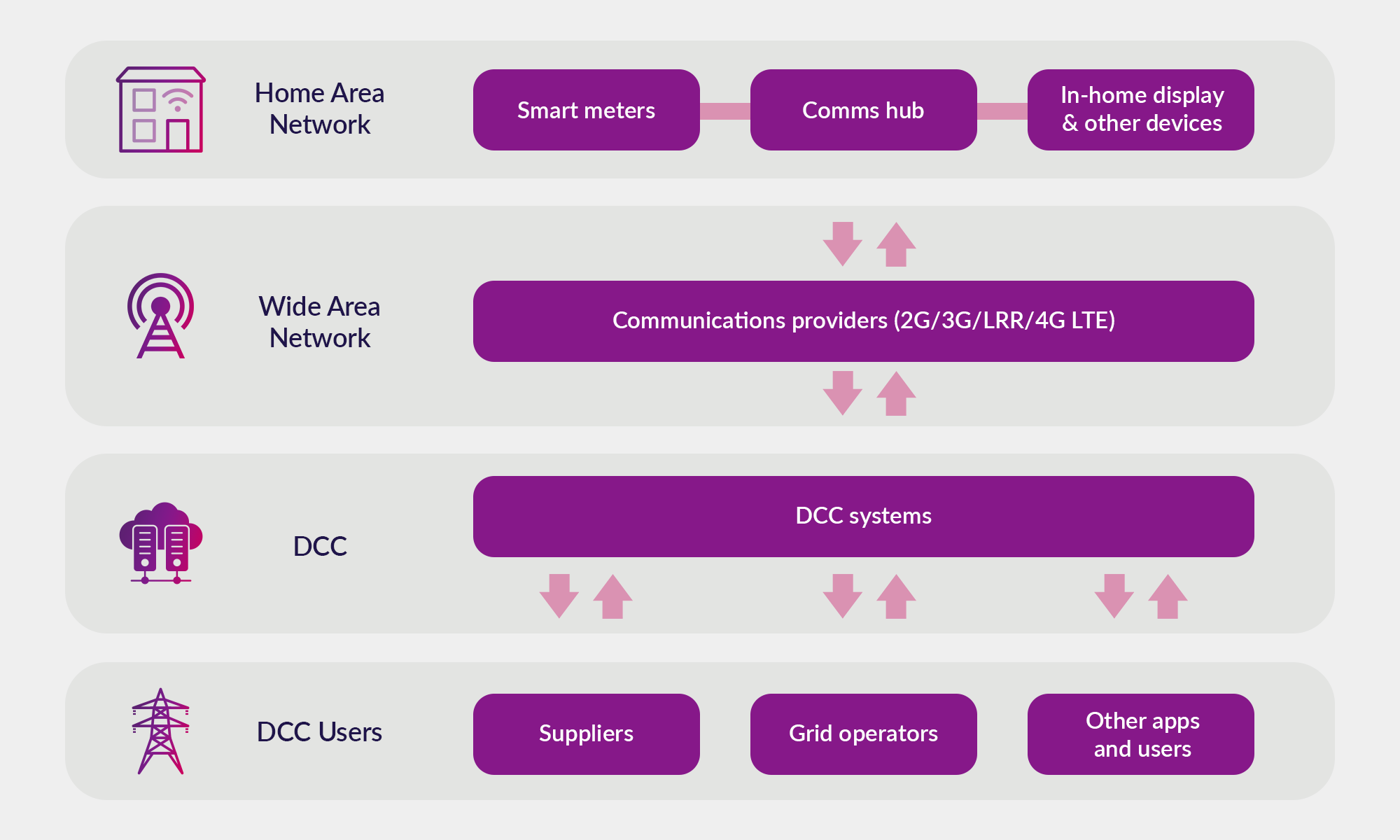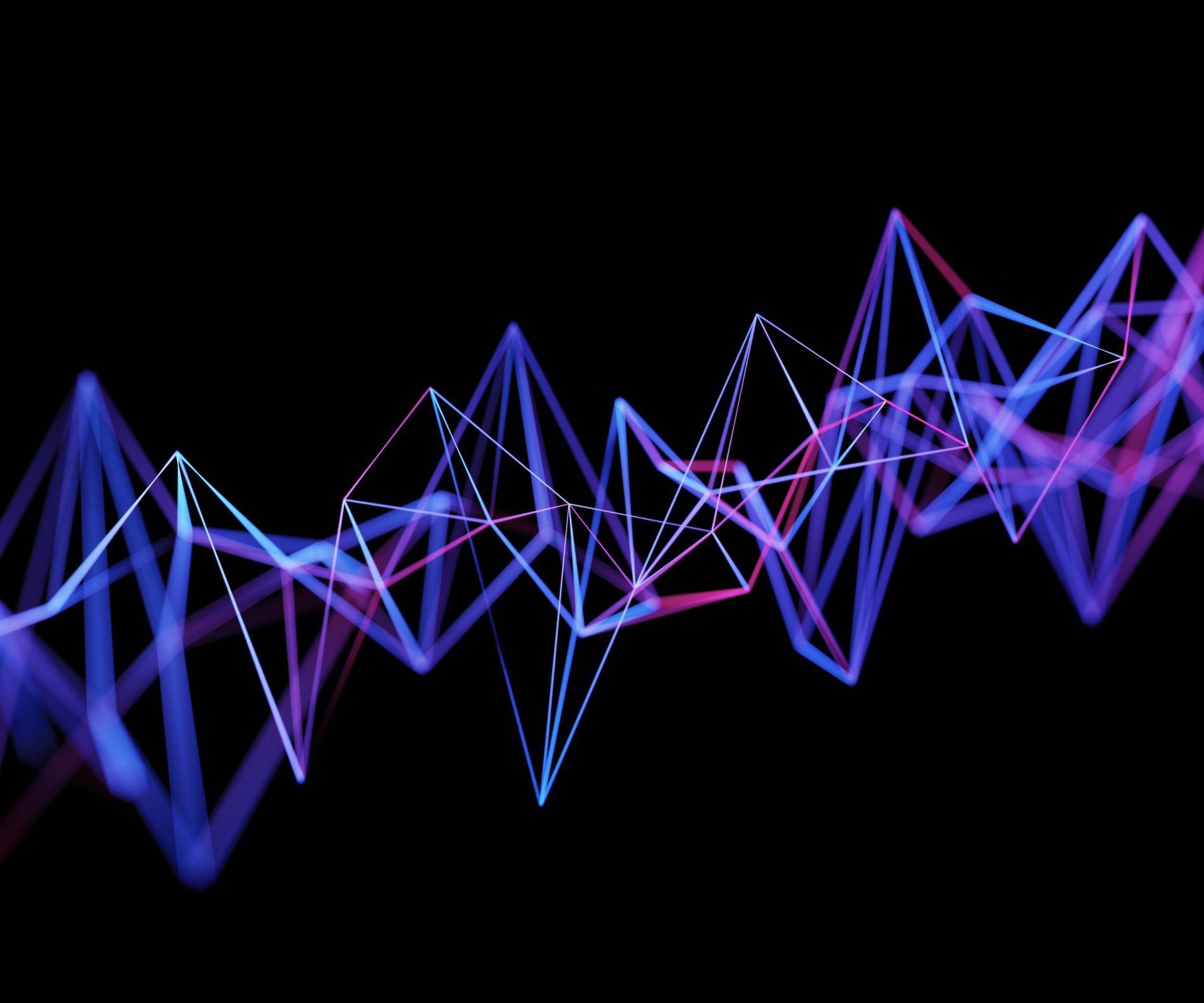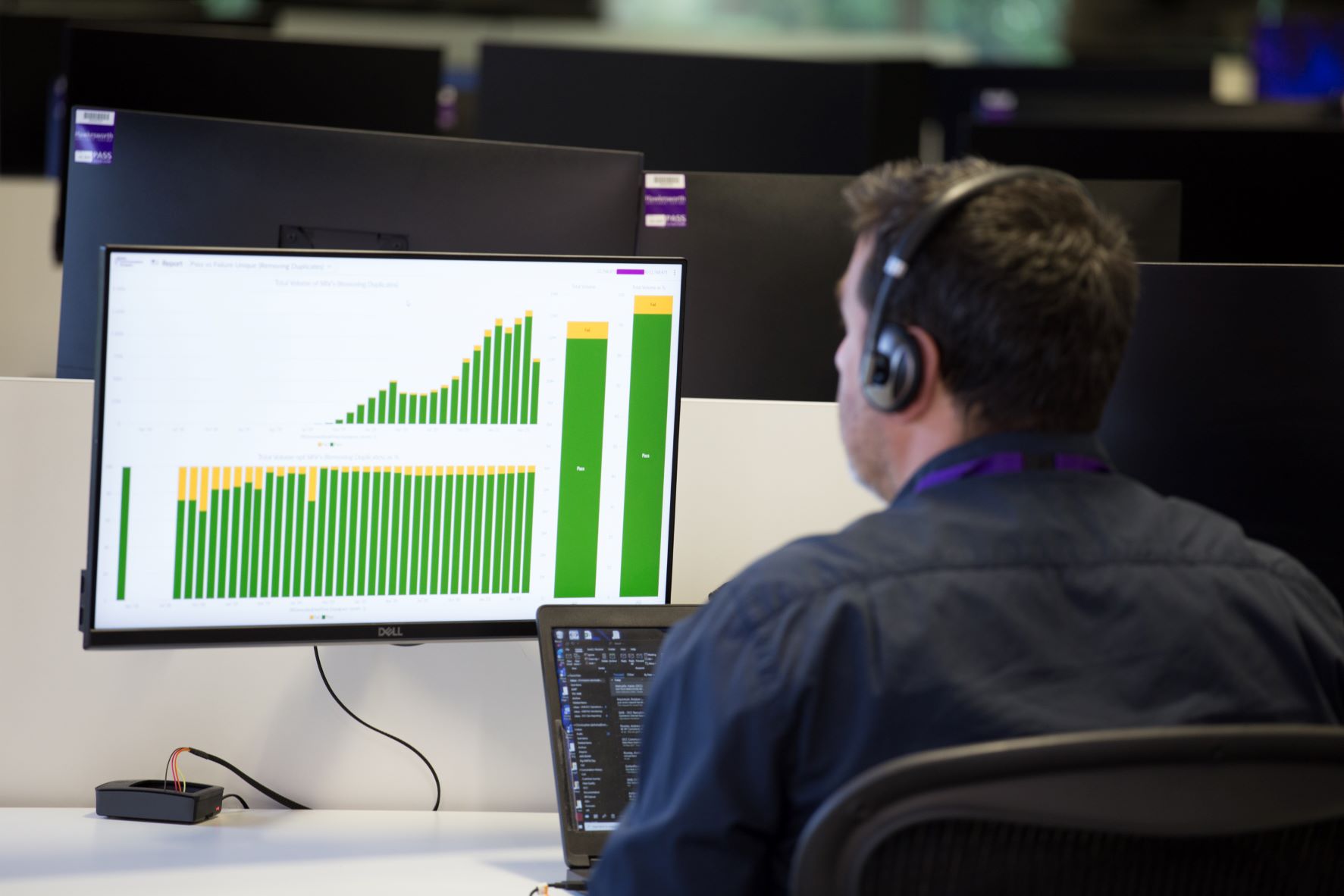The partnership between Vodafone and the DCC is a 15-year agreement to build and operate managed IoT connectivity and supporting services to provide 4G connectivity for Britain’s smart meter network. The deal enables DCC to evolve its communications network, part of critical national infrastructure, to 4G and beyond.
Angus Flett, DCC CEO, said: “The smart meter network is a key part of the nation’s journey to reach net zero carbon emissions by 2050. Even though there is still a long life and more capacity in the technology we are using today, we need to continuously look at how our technology is fit for the future. 4G is a natural next step for our connectivity and is just one of a number of technical improvements the DCC is developing. This partnership with Vodafone is an important part of continuing the DCC’s mission to connect Britain so we can all lead smarter, greener lives.”
The DCC’s network is already in half of homes in Britain, connecting over 27 million meters in 16 million homes and small businesses. The Vodafone network will form a new part of the DCC “Wide Area Network”, which provides long-range wireless communications between the DCC’s servers and their upcoming LTE Communication Hubs. This hub acts much like a Wi-Fi router, but in this case connecting gas and electricity smart meters in the home to suppliers and the grid. Vodafone’s 4G network has 99% coverage of the population, and will work alongside the DCC’s current communications technology including 2G, 3G and the bespoke long-range radio network in the northern part of Britain.
How the smart meter network works

This upgrade is part of the DCC’s Network Evolution programme, which will see the DCC harness the capability of 4G and other technologies in the smart metering infrastructure – improving its operational performance and driving better value for energy customers.
Further reading






